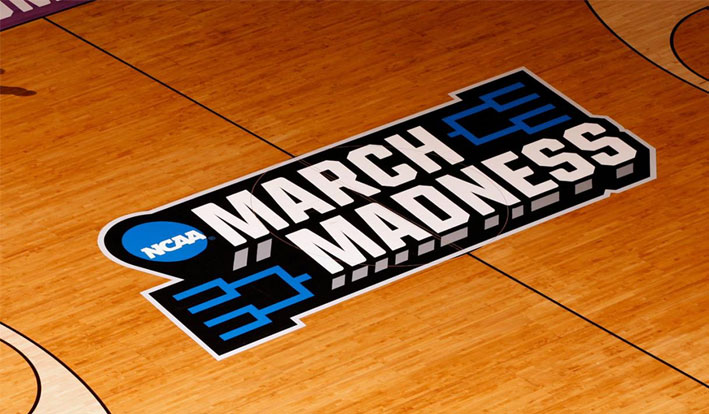The last bit of confetti from Super Bowl LII hs been swept up, and the NFL has entered its winter off-season. Pitchers and catchers are about to report to spring training, but MLB is almost two months from getting underway. We’re still several months away from the NBA and NHL playoffs — all of which means that it must be time to start getting ready for the NCAA men’s basketball tournament — also known as March Madness. In 2017, people in the United States alone were expected to complete as many as 70 million brackets and wager $10.4 billion on the tournament. Most of that money was bet informally (and illegally) in office pools and other wagers, but the books still take in hundreds of millions in action each year on this tournament. Here’s our March Madness betting advice on how to get ready for one of the biggest wagering events on the athletic calendar.
Seven Rules for Betting on March Madness
Who is on the Bubble❓ Headed into the weekend @TheAndyKatz breaks it down ➡️https://t.co/qslwc6vEhw pic.twitter.com/Z8jt0hHzKi
— NCAA March Madness (@marchmadness) February 9, 2018







